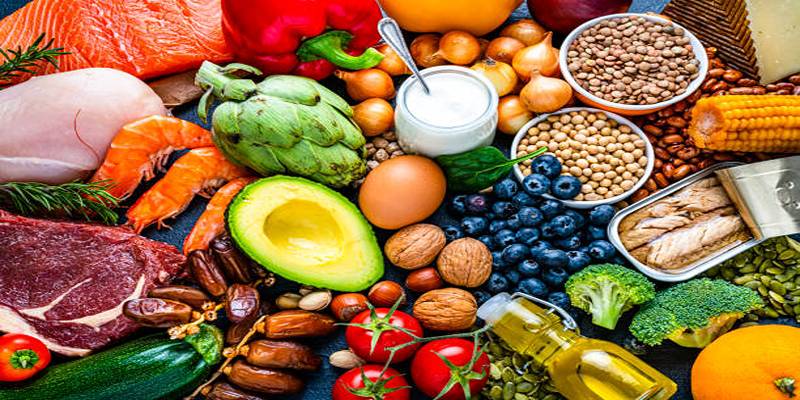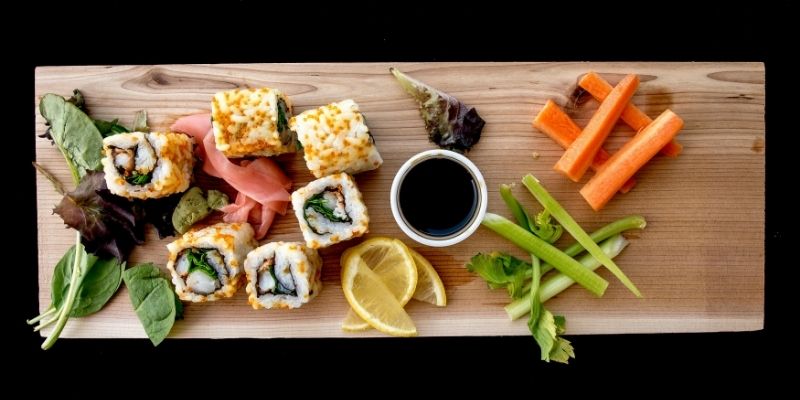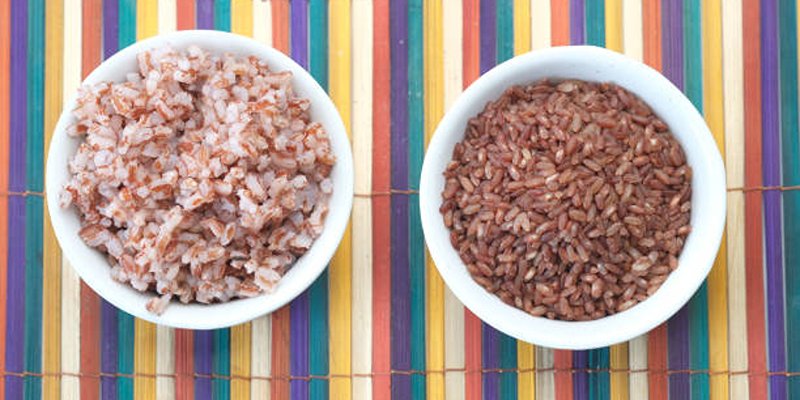Advertisement
Clean eating is a lifestyle approach that emphasizes consuming whole, unprocessed foods, aiming for optimal health and well-being. It involves focusing on fruits, vegetables, lean proteins, and whole grains while avoiding highly processed or refined foods, which can contain preservatives, added sugars, or unhealthy fats. By prioritizing natural and nutrient-dense ingredients, clean eating supports better digestion, increased energy levels, improved mental clarity, and a stronger immune system. As people become more conscious of what they consume, clean eating emerges as a sustainable way to maintain a balanced diet while promoting a harmonious relationship with food. Embracing clean eating doesn't require adhering to strict diets or eliminating entire food groups but rather making mindful choices that foster a healthier lifestyle without compromising on taste or enjoyment.

Clean eating begins with understanding the cornerstone principles that distinguish it from fleeting diet trends. At its heart, this approach is about choosing foods that are as close to their natural state as possible. This means opting for fresh produce over canned vegetables containing additives, selecting whole grains like quinoa or brown rice instead of refined grains, and prioritizing fresh meats and fish rather than processed options. By focusing on the inherent qualities of food, clean eating emphasizes nourishment that is both flavorful and sustaining. This foundational knowledge sets the stage for making informed dietary choices tailored to personal health goals and preferences.
A vital aspect of clean eating is planning and preparation, which helps ensure that nutritious meals are readily available, making it easier to adhere to this lifestyle. Start by creating a weekly meal plan, focusing on incorporating a variety of fruits, vegetables, whole grains, and lean proteins to meet diverse nutritional needs. Once the plan is in place, prepare a detailed shopping list to avoid impulsive purchases of processed foods. Meal prepping on weekends or during free time is an effective strategy, as it allows you to cook and portion meals ahead of time, ensuring you have healthy options throughout the week. By dedicating some effort to planning and preparation, clean eating becomes more manageable, convenient, and enjoyable.
At the core of clean eating is consuming whole and minimally processed foods, which are rich in nutrients, vitamins, and minerals essential for good health. These foods include fruits, vegetables, nuts, seeds, whole grains, lean proteins like chicken or fish, and healthy fats such as avocados or olive oil. By focusing on a variety of these whole foods in meals and snacks throughout the day, individuals can maintain balanced and diverse diets that promote overall well-being.
Clean eating involves limiting added sugars and artificial ingredients found in heavily processed foods such as candies, baked goods, soda drinks, frozen meals, and fast food. These sugar-laden foods can cause spikes in blood sugar levels, leading to weight gain and other health issues. Additionally, artificial ingredients like preservatives, flavorings, and colorings have been linked to adverse effects on overall health. By choosing whole foods over processed ones, you can minimize your intake of added sugars and artificial ingredients while maximizing nutritional benefits.
One of the significant benefits of clean eating is developing a mindful relationship with food by listening to your body's needs and signals. Pay attention to how different foods make you feel after consumption - do they energize or leave you feeling sluggish? Do certain types of food cause discomfort or bloating? By being attuned to your body's responses, you can make informed decisions about what foods work best for you and adjust accordingly. This approach also allows room for flexibility and indulgences in moderation, as long as they align with your overall health goals.
Proper hydration is vital for maintaining health and amplifying the benefits of clean eating. Water facilitates digestion, circulation, nutrient absorption, and helps regulate body temperature. Staying well-hydrated can also help curb unnecessary hunger and reduce cravings, as thirst is often confused with hunger. Aim to drink ample water throughout the day and include hydrating foods like cucumbers, watermelon, and oranges in your diet. Herbal teas and infusions offer refreshing alternatives to boost fluid intake. By prioritizing hydration, you enhance the nutritious advantages of clean eating and promote overall vitality and well-being.

When it comes to clean eating, consistency is more important than striving for perfection. Finding balance is key, as occasional indulgences are a natural part of life and should not derail long-term healthy eating habits. Instead of focusing on what cannot be eaten, embrace the variety of delicious and nutritious foods available. By maintaining a consistent approach to incorporating whole, unprocessed foods into your diet, you can create sustainable habits that support lasting health benefits.
Understand that slip-ups may happen, but each day presents a new opportunity to make mindful choices that align with clean eating principles. Emphasizing consistency allows clean eating to become an enjoyable and integral part of everyday life, rather than a restrictive or challenging ordeal.
Clean eating is not just a temporary diet but a holistic approach to fostering a healthier relationship with food. By emphasizing whole foods, planning and preparation, and listening to your body's needs, you can cultivate habits that enhance your overall well-being. Prioritizing consistency over perfection ensures that these healthy choices become second nature, offering long-term benefits without feeling restrictive. As you embrace clean eating, you'll likely find that not only do you enjoy vibrant and nutritious meals, but you also appreciate the journey toward a more mindful and fulfilling lifestyle.
Advertisement

By Madison Evans/Dec 10, 2024

By Juliana Daniel/Jan 07, 2025

By Martina Wlison/Oct 26, 2024

By Isabella Moss/Nov 20, 2024

By Georgia Vincent/Oct 21, 2024

By Celia Kreitner/Oct 12, 2024

By Elena Davis/Jan 07, 2025

By Vicky Louisa/Oct 21, 2024

By Paula Miller/Oct 11, 2024

By Paula Miller/Oct 12, 2024

By Mason Garvey/Oct 20, 2024

By Mason Garvey/Oct 14, 2024